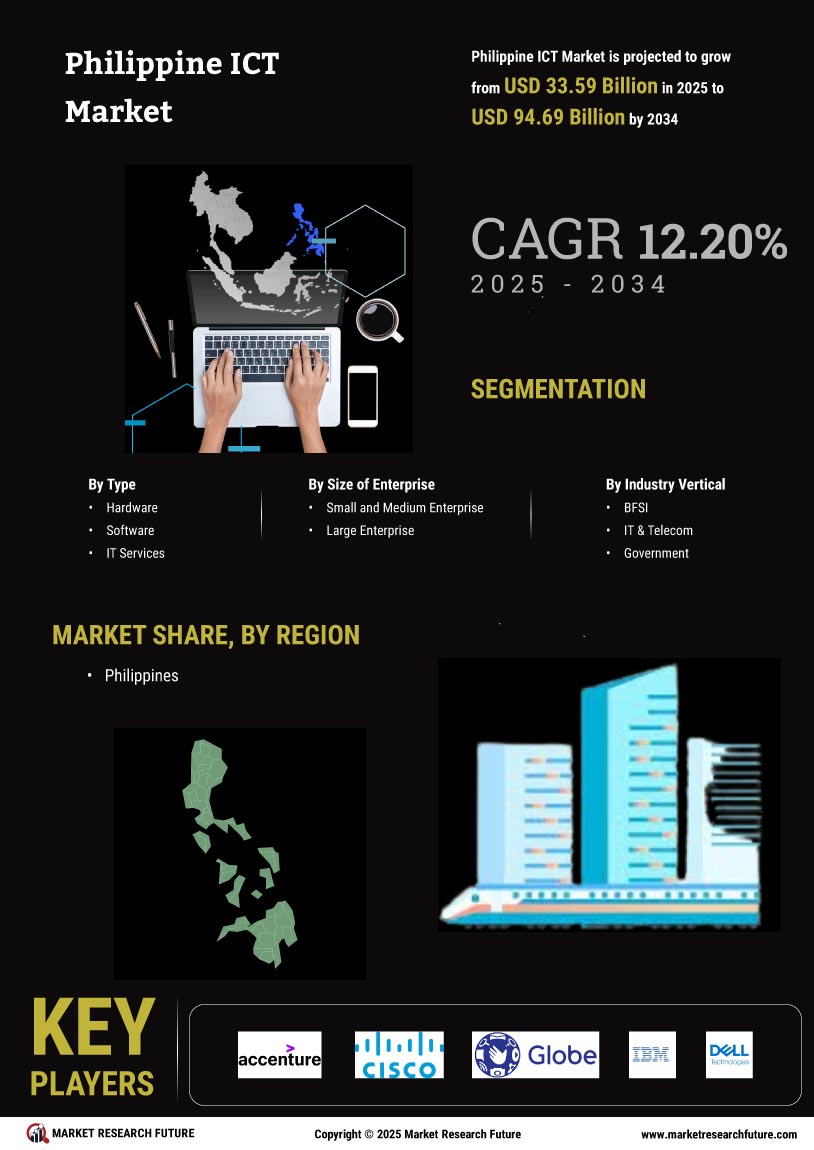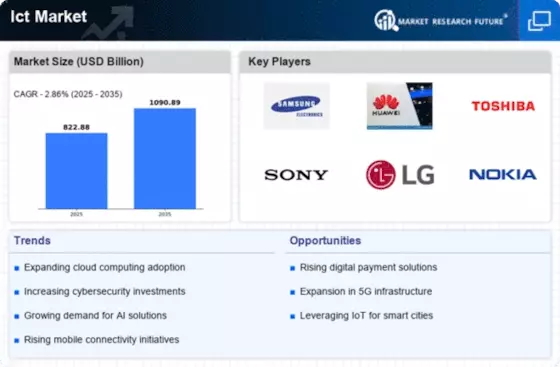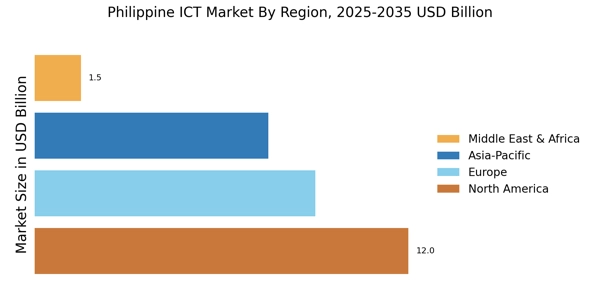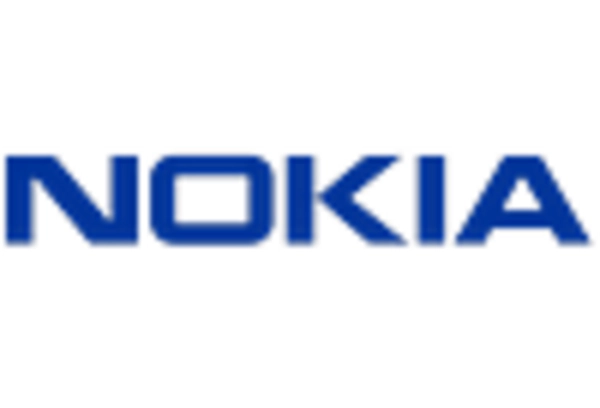China : Unmatched Growth and Innovation
China holds a staggering 60% market share in the APAC ICT sector, valued at $300.0 billion. Key growth drivers include rapid urbanization, a robust digital economy, and government initiatives like the Digital China strategy. Demand for 5G technology and smart devices is surging, supported by significant investments in infrastructure and R&D. Regulatory policies are increasingly favorable, promoting innovation and competition in the tech space.
India : Rapid Growth and Digital Transformation
India commands a 15% market share in the APAC ICT market, valued at $150.0 billion. The growth is fueled by a young population, increasing internet penetration, and government initiatives like Digital India. Demand for mobile applications and cloud services is on the rise, with a focus on enhancing digital infrastructure. Regulatory frameworks are evolving to support startups and foreign investments, fostering a vibrant tech ecosystem.
Japan : Strong Legacy and Future Potential
Japan holds a 12% market share in the APAC ICT sector, valued at $120.0 billion. The market is driven by advanced technology adoption, particularly in robotics and AI. Government initiatives like the Society 5.0 vision aim to integrate digital and physical spaces. Demand for high-quality electronics and cybersecurity solutions is increasing, supported by a strong industrial base and infrastructure.
South Korea : Home to Global Tech Giants
South Korea captures 10% of the APAC ICT market, valued at $100.0 billion. The growth is propelled by high smartphone penetration, 5G rollout, and strong consumer electronics demand. Government policies support innovation and R&D, fostering a competitive environment. Cities like Seoul and Busan are key markets, with major players like Samsung and LG leading the charge in technology development.
Malaysia : Strategic Location and Investment
Malaysia accounts for 5% of the APAC ICT market, valued at $50.0 billion. The growth is driven by government initiatives like the Malaysia Digital Economy Blueprint, promoting digital transformation across sectors. Demand for e-commerce and fintech solutions is rising, supported by improving infrastructure. The competitive landscape includes local firms and international players, enhancing the business environment.
Thailand : Evolving Market Dynamics
Thailand holds a 4% market share in the APAC ICT sector, valued at $40.0 billion. Key growth drivers include increasing internet usage and government support for digital initiatives. The demand for e-commerce and mobile applications is growing, with a focus on enhancing digital infrastructure. Bangkok is a key market, with a mix of local and international players shaping the competitive landscape.
Indonesia : Youthful Population Driving Growth
Indonesia captures 3% of the APAC ICT market, valued at $30.0 billion. The growth is fueled by a young, tech-savvy population and increasing smartphone adoption. Government initiatives like 100 Smart Cities aim to enhance digital infrastructure. The competitive landscape features local startups and international firms, with Jakarta being a key market for ICT solutions and services.
Rest of APAC : Untapped Markets and Potential
The Rest of APAC accounts for 1% of the ICT market, valued at $10.0 billion. Growth is driven by emerging markets with increasing digital adoption and government support for ICT initiatives. Demand for basic digital services is rising, with a focus on improving connectivity. The competitive landscape is diverse, with local players catering to specific regional needs and preferences.


















